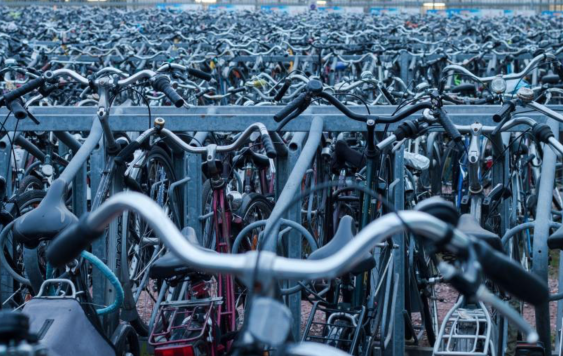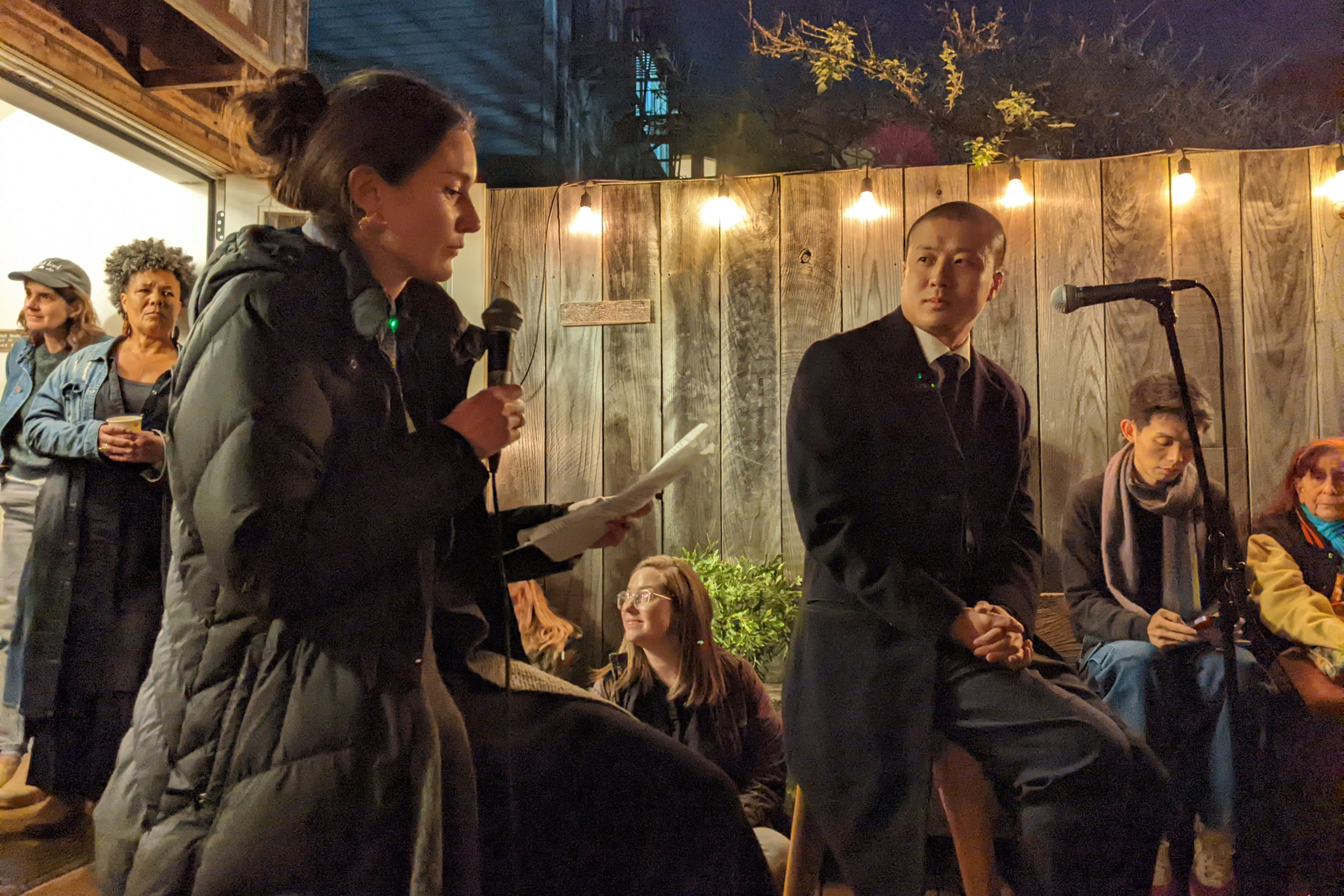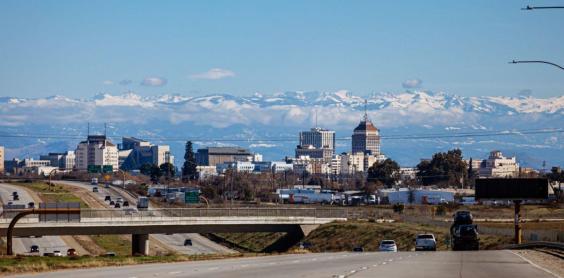Today on the Streetsblog Network, member blog Worldchanging has an interview on the future of American transportation with Nancy Kete, a senior fellow at the World Resources Institute and the managing director of EMBARQ, the WRI's Center for Transport and the Environment.
 A bullet train is not necessarily a silver bullet. Photo by rikdom via Flickr.
A bullet train is not necessarily a silver bullet. Photo by rikdom via Flickr.Kete,
who says the US needs to be emitting 80 percent less CO2 by 2050, "at
the minimum," cautions against seeing a nationwide high-speed rail
network as a quick fix to our carbon problems. In an interview with
Worldchanging's Sarah Kuck, Kete says changing the nation's intercity
travel patterns is going to take careful planning -- and a more
realistic public view of the true cost of driving. She had this advice
for the Obama Administration:
[S]tart withthe corridors where there is a certain density, and a high demand forsomething other than driving and flying. Prove out the concept withtruly high speed rail, and then as people see the benefit of it, thedemand for it in other places might increase.
In addition, we have to think about tolls and higher fuel taxesto discourage driving on the same corridors that have a lot ofcongestion on the road so that you drive people appropriately to thetransit option. And then the third thing is, the U.S. has a growingpopulation. You want to make sure that growth occurs along thesecorridors so that you have more density and more riders. Not just toget the riders, but so that you have your infrastructure and yourdemand in the same place because that’s the only thing that will makeit cost effective and carbon efficient.
Mostpeople don’t know how much it costs them to drive their own car. Wehave these externalized costs associated with owning the car, which wedon’t pay every time we drive, so once we own a car and we’ve paidthose costs, we only see the fuel costs... If we made it clearer, likewith pay-as-you-drive insurance,and with fuel prices that more accurately reflected the cost ofbuilding and maintaining the road system and protecting the fuelsupply, which is related to keeping peace in the Middle East andkeeping our access to a steady supply of oil and all the environmentalcosts... if the driver paid all those every time he/she filled thetank, we would be paying much higher costs all the time and would makedifferent decisions about how much we drove our cars.
Other things to think about from around the network: The Dirt looks at the possibility that cities of the future will generate more power than they consume. Scaledown asks if Windsor, Canada will be the new Easter Island. And DC Bicycle Transportation Examiner has Chuck Schumer's word on it: Not only is Supreme Court nominee Sonia Sotomayor "a very human person," she's also a cyclist.





